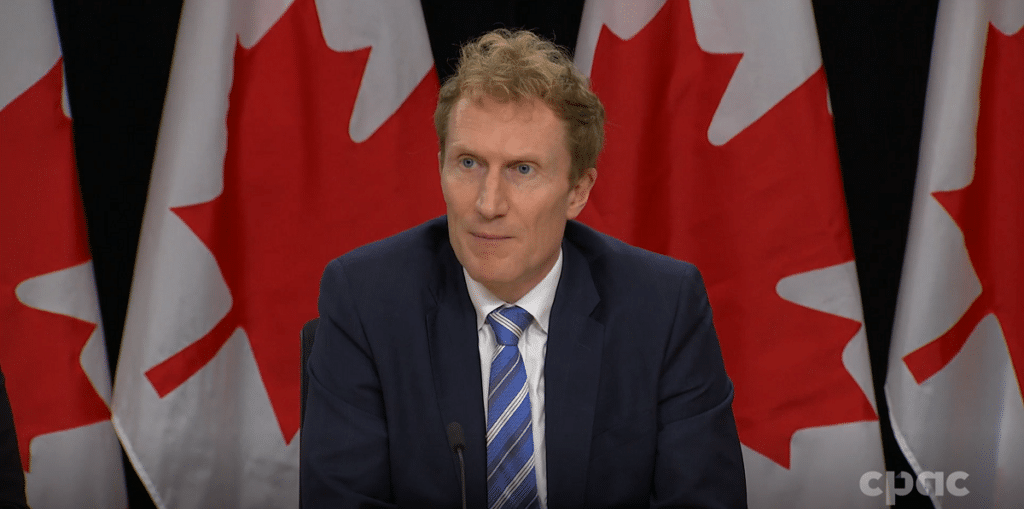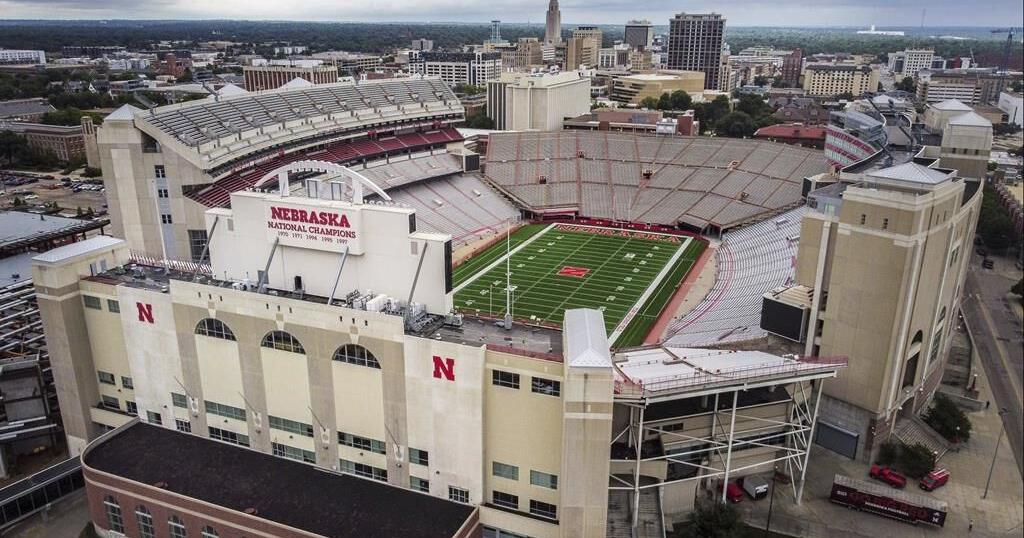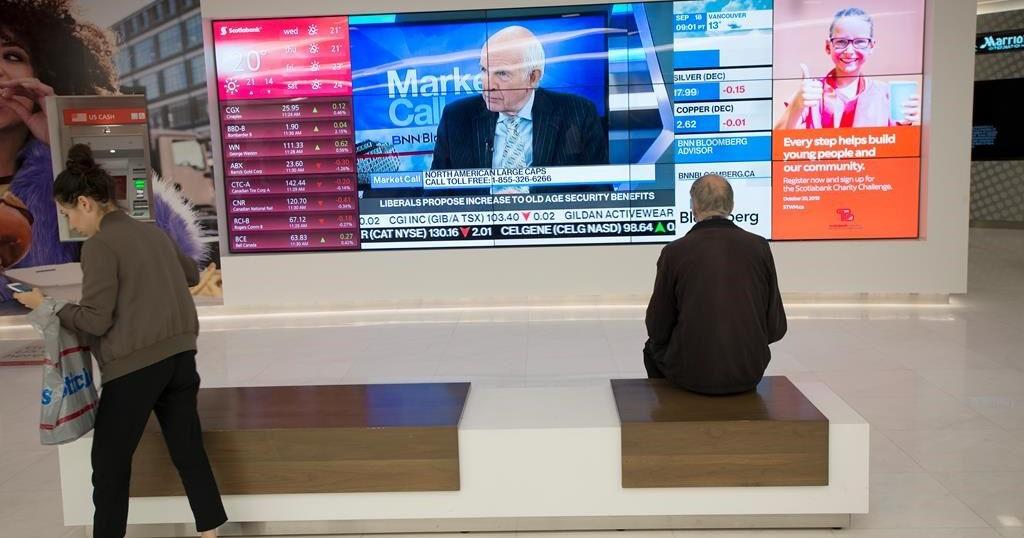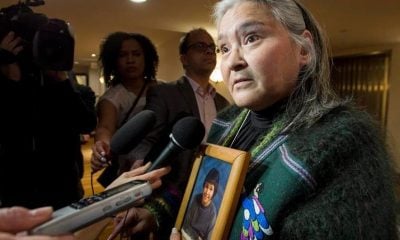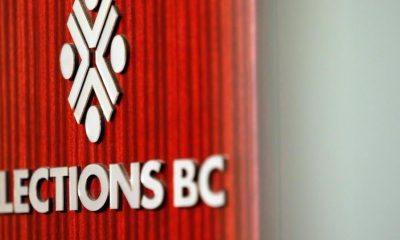Tiohtià:ke/Mooniyang/Montréal, September 27, 2024 – This weekend, Montreal will host the Bandung du Nord, a space aimed at collectively reflecting on a project of collective emancipation from a decolonial perspective. This event is inspired by the 1955 Bandung Conference, where 29 newly independent countries from Asia and Africa gathered, away from imperialist states, to discuss South-South solidarity and decolonization. This event, which placed the self-determination of colonized peoples at the heart of discussions, was foundational for the non-aligned movement. The Bandung du Nord revives this historical legacy by creating a dialogue space on contemporary forms of coloniality and exploitation, while emphasizing the voices of historically marginalized individuals.
Panels Featuring Internationally Renowned Experts
For three days, recognized global panelists will present their important theoretical and practical contributions to addressing modern issues from a decolonial and anti-imperialist perspective.
Text Highlighting 3 or 4 Panelists
To think about liberation in a settler colony, Katsi’tsakwas Ellen Gabriel, an Indigenous activist from the Kanehsatà community and chosen spokesperson during the Oka crisis in 1990, will join other speakers. Since then, she has been advocating for the human, collective, and individual rights of Indigenous peoples, raising awareness about their history, culture, and identity. Ramón Grosfoguel and Sherene Razack will also be present to discuss secularism, liberalism, and Islamophobia. Grosfoguel, a professor in the Department of Ethnic Studies at UC-Berkeley, is a renowned internationalist political scientist recognized for his work on the decolonization of knowledge and power, as well as his research on international migration and global political economy. Razack, a professor at UCLA, stands out for her research on racial violence and discrimination, particularly against Muslim and Indigenous women in Canada, as well as on systemic racism in the Canadian judicial system and colonial violence worldwide.
Anticipated Intimidation Attempts from Zionist and Far-Right Groups
For several weeks, the Centre for Jewish and Israeli Affairs (CIJA) and some right-wing groups have been attempting to discredit the event by associating criticism of Israeli policies with anti-Semitism. We expect intimidation tactics to persist and for groups to try to disrupt the conference. The organizing team of the Bandung du Nord has worked closely with UQAM administration to establish security protocols, and any overflow from groups attempting to censor academic freedom will not be tolerated. We reaffirm that critical analysis of any state cannot be confused with racial hatred. Academic freedom and freedom of expression must be preserved in the face of these attacks.
Quote
“Today, we still remain within a colonial logic. Our countries of origin remain colonized, and the accumulation of wealth continues to flow in one direction, from South to North. This results in a forced displacement of populations from the South to the North, creating a large minority in these countries, a new social and demographic reality that faces particular treatment. It is through this Bandung that we aim to become or create an autonomous political force at the heart of the Empire through a project of a Decolonial International, transcending national borders and forging alliances between decolonial movements in the West.
And as Frantz Fanon said so well: ‘Every generation must, in a relative opacity, confront its mission: to fulfill it or betray it.’ Today, here at the Bandung du Nord, we have the opportunity to seize our mission and fulfill it, by following in the footsteps of our ancestors and engaging on different fronts to abolish all forms of racism, social domination, and economic exploitation, always crystallized by white domination.
Today, here, we, the subalterns of the North, the Souths of the North, speak!” – Safa Chebbi
Related

